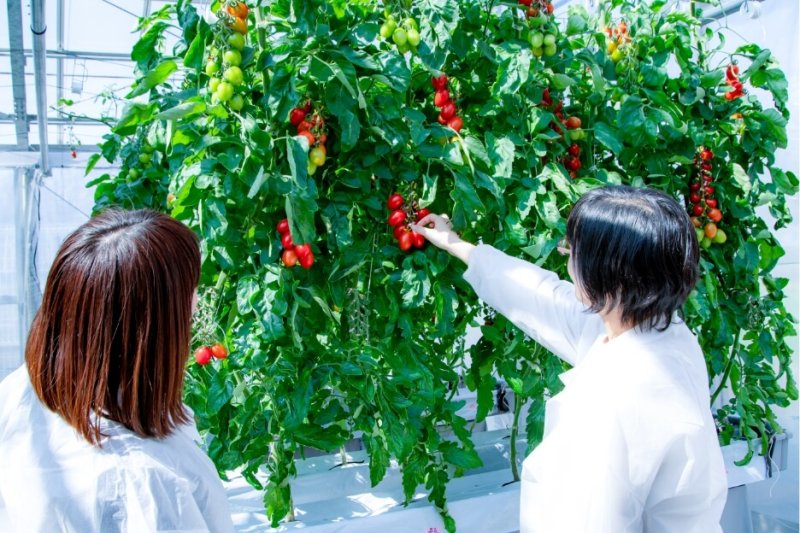Advocates of genome editing, including big seed companies, say the technology is simply speeding up what already happens in nature or through traditional breeding methods, and that therefore, the risks are minimal.
They also argue that tools like CRISPR-Cas9 are more precise than earlier genetic engineering techniques, so there is less risk that a useful gene is destroyed in the process.
Critics contend that genome editing can create a range of changes to the genome in plants that pose risks to biodiversity, water and soil, human health, and organic food production. Some are concerned that such crops could outcompete natural species and create broad monocultures, which could wreak havoc on ecosystems. Some of the risks aren’t fully understood, many argue.
There are also ethical and social questions about when and where the technology should be used, and who has access to the seeds.
The regulatory landscape is in a state of flux as technological development and climate change concerns prompt many countries to change long-standing policies on genetic engineering. Regulation influences requirements for safety checks and whether genome-edited products should be labelled differently.































